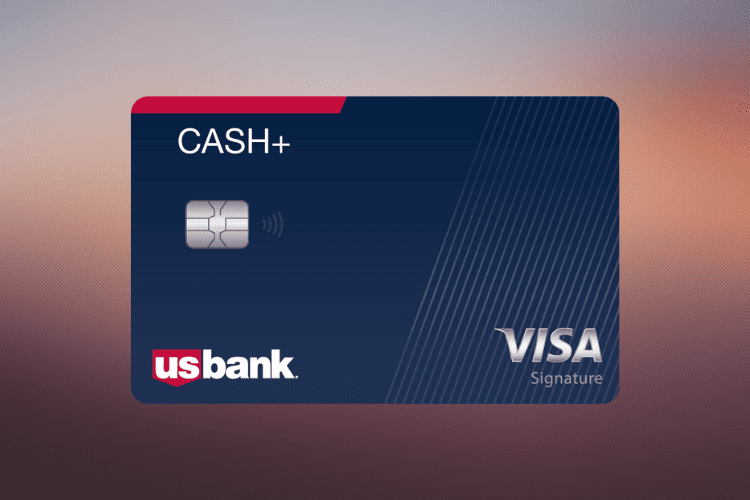4 Money Moves That Can Actually Hurt Your Credit Score

You already know that making late payments and applying for too many credit cards will send your credit score into a nose-dive. Unfortunately, a few of the moves you make with the best of intentions can hurt your score as well.
Canceling a Credit Card
You fought hard to pay off your credit card debt, and now you’re finally at a zero balance! Hooray! You’re tempted to cut your card up and cancel it to prevent future temptation, but stop right where you are. Canceling a credit card can damage your score more than you’d expect.
A credit card with a zero balance actually helps your credit score because it reduces your credit utilization ratio (a percentage that indicates how close you are to maxing out your credit card balances). In other words, you show that you have access to much more credit than you’re using. It demonstrates self-control, restraint, and wise financial decision-making.
Canceling any credit card, even one with a balance, can also hurt your score because it shortens the age of your credit history. Your score increases with proof of long-standing accounts that receive regular payments. If you cancel one of those long-standing accounts, regardless of the reason, your credit score will suffer the consequences.
Refinancing a Loan
Just like canceling a credit card, refinancing a loan sounds like a logical way to improve your finances, but it won’t look that way on your credit score at first.
If you’re looking at refinancing, you are probably seeking lower interest rates. This is a smart and effective way to pay less in interest payments over time, but it comes at the cost of a few dings to your credit score:
- Lenders perform a hard credit score inquiry when qualifying you for the loan. This hit can dip your score a few points, especially if you have other hard inquiries lingering on your credit report. The good news is that a hard credit inquiry usually only drops scores by five points, and they fall off after about two years. This is the risk you have to take to obtain a better interest rate.
- After you refinance, your original loan will be closed. This will eliminate a long-standing account from your credit history and replace it with a new account. It might take a few months for your score to rebound as it considers the timely payments on your new loan and the happy, paid-off status of your old loan.
Too Many Loans
It isn’t easy to afford the type of lifestyle we’re expected to live. We need a car, a home, nice furniture, and a higher education. But all of those achievements require money. If you have an auto loan, mortgage, credit card debt, and student loans, your credit score is probably sinking under the weight of debt.
The more loans you have, the higher your total debt load is. This hurts your debt to income ratio since the amount you owe is too close to the amount you make. You must reduce the balance on each loan to help your credit score recover and prove your ability to afford your payments.
Paying Off Loans Early
Isn’t paying a loan off early the ultimate goal? Rather than stretching your auto loan to the full 60 months and getting slammed with thousands of dollars in interest, you accelerate your payment schedule to knock out your debt in 45 months. What an accomplishment! So why is your credit score being punished?
As upside-down as it sounds, paying off a non-credit card debt early can hurt your credit score because it closes the account. You may lose a piece of your established credit history and decrease the diversity of your types of credit, both of which send scores down. Don’t worry: Your score can recover, eventually.
Understanding these four money moves can help you make a strategic decision that best protects your precious credit score.
Don’t wait to get out of debt! Read this: A Complete, Step-By-Step Guide to Get Out of Debt.










